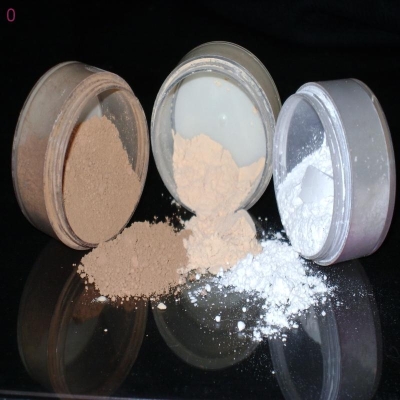-
Categories
-
Pharmaceutical Intermediates
-
Active Pharmaceutical Ingredients
-
Food Additives
- Industrial Coatings
- Agrochemicals
- Dyes and Pigments
- Surfactant
- Flavors and Fragrances
- Chemical Reagents
- Catalyst and Auxiliary
- Natural Products
- Inorganic Chemistry
-
Organic Chemistry
-
Biochemical Engineering
- Analytical Chemistry
- Cosmetic Ingredient
-
Pharmaceutical Intermediates
Promotion
ECHEMI Mall
Wholesale
Weekly Price
Exhibition
News
-
Trade Service
Original title:
Nature paper: Drinking gene and choice of partner related
Science and technology daily Beijing, November 20, according to a paper published in the British journal Nature Communications, researchers through genetic analysis of more than 40,000 spouse data, reported a genetic mutation associated with drinking levels, which in turn may be associated with partner selection.
past studies have found a link between alcohol-related behaviors, such as alcohol consumption and alcohol dependence, among spouses. But what has never been known is whether this is due to social or genetic factors, a common environment, or the effects of alcohol behavior on partner choice.
, researcher Lawrence Howie and colleagues at the University of Bristol in the UK studied whether genetic variations associated with alcohol influence behavior through alcohol, which can affect partner choices. Using data from 47,377 mates from the British Biolibrary and their self-described drinking, the researchers found that the individual's rs1229984 genotype was associated with his partner's drinking behavior; rs1229984 was the place on the gene ADH1B, which is involved in the production of enzymes that oxidize alcohol.
team also found that both spouses were more likely to have the same variation in single nucleotide polymorphism (SNP), meaning that alcohol co-relationships may have existed before they cohabited. The team suggested that the rs1229984 mutation could affect alcohol-related behavior, which could have an impact on partner selection.
researchers said they would not extend the findings to non-European groups, and that further research was needed to investigate other alcohol-related genetic variants to determine the causal link in the reported association.
.







